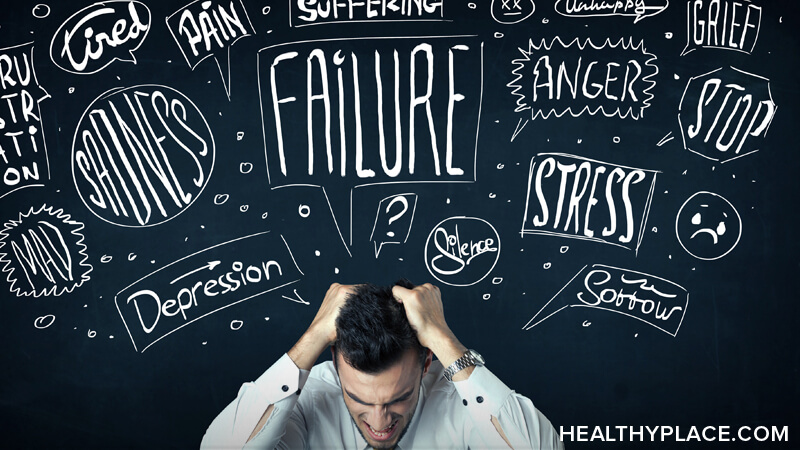Does Having A Hysterectomy Really Impact Sexuality?
Hysterectomy is the most frequently performed major gynecologic surgery. Each of the current surgical techniques (vaginal, subtotal abdominal, and total abdominal hysterectomy) disrupts local nerves and changes pelvic anatomy. The effect on sexual function is unclear. Studies have reported beneficial effects and adverse effects on sexual wellbeing. Roovers and colleagues investigated sexual well-being after each type of hysterectomy in Dutch women who underwent surgery for a benign indication in 13 hospitals during 1999 and 2000.
In this prospective study, patients completed a screening questionnaire for sexual dysfunction as part of the preoperative assessment and the six-month follow-up visit. The 36-item questionnaire used a five-point Likert scale to assess the general perception of the patient's sexuality, frequency of sexual activity, and problems relating to arousal, lubrication, orgasm, or pelvic discomfort. The preoperative assessment included measurement of uterine size and screening for comorbid conditions such as diabetes, hypertension, hypothyroidism, pulmonary disease, and rheumatoid arthritis. Surgical data included the extent of uterine prolapse, estimated blood loss, duration of surgery, simultaneous surgical procedures, surgical complications, and length of hospital stay.
Six months after surgery, 352 of the 379 patients who had a male partner participated in the follow-up assessment. Of the 352 patients, 89 (25 percent) had undergone a vaginal hysterectomy, 76 (22 percent) had undergone a subtotal abdominal hysterectomy, and 145 (41 percent) had undergone an abdominal hysterectomy. Overall, 10 patients discontinued sexual activity after surgery; however, 17 of the 32 patients who had not been sexually active before surgery reported sexual activity at follow-up. No statistical difference was found in surgical technique among patients who remained sexually active or became sexually active. For each type of surgery, the percentage of respondents who were sexually active and the frequency of sexual intercourse were not significantly changed after surgery, and overall sexual satisfaction was significantly improved.
Bothersome sexual problems were still common and were reported by 43 percent of the patients who had undergone a vaginal hysterectomy, 41 percent of the patients who had undergone a subtotal abdominal hysterectomy, and 39 percent of the patients who had undergone a total abdominal hysterectomy. Problems with lubrication, arousal, and sensation were less common after vaginal surgery, but the differences did not reach statistical significance. After adjustment for multiple significant variables, the odds ratio for lubrication problems after abdominal rather than vaginal procedures was 1.6, and the odds ratio for arousal problems was 1.2.
The authors conclude that overall sexual well-being improves after hysterectomy, regardless of the surgical technique used. Specific sexual problems were more common before surgery, and new sexual problems were rare after surgery.
Source: Roovers J-P, et al. Hysterectomy and sexual wellbeing: prospective observational study of vaginal hysterectomy, subtotal abdominal hysterectomy, and total abdominal hysterectomy. BMJ October 4, 2003;327:774-8.
EDITOR'S NOTE: This is one of those "good news, bad news" reports. While the authors' data and conclusions show improvement in overall sexual function after hysterectomy, the level of symptomatology reported in the tables is horrifying. Before surgery, high percentages of women reported symptoms that interfered with sexual function--after surgery, more than 40 still had at least one bothersome sexual problem. We can only speculate about the implications for other aspects of their health, and the effect on their sexual partners, families, and others. Family physicians know how to assist patients in the most personal and sensitive aspects of human functioning, but do we remember to ask about sexual problems? Do we make it comfortable for women (and men) to disclose these concerns?
Anne D. Walling, M.D., is a professor of family and community medicine at the University of Kansas School of Medicine, Wichita, KS. She is also an associate editor of American Family Physician.
APA Reference
Staff, H.
(2021, December 20). Does Having A Hysterectomy Really Impact Sexuality?, HealthyPlace. Retrieved
on 2025, April 30 from https://www.healthyplace.com/sex/women/does-having-a-hysterectomy-impact-sexuality




